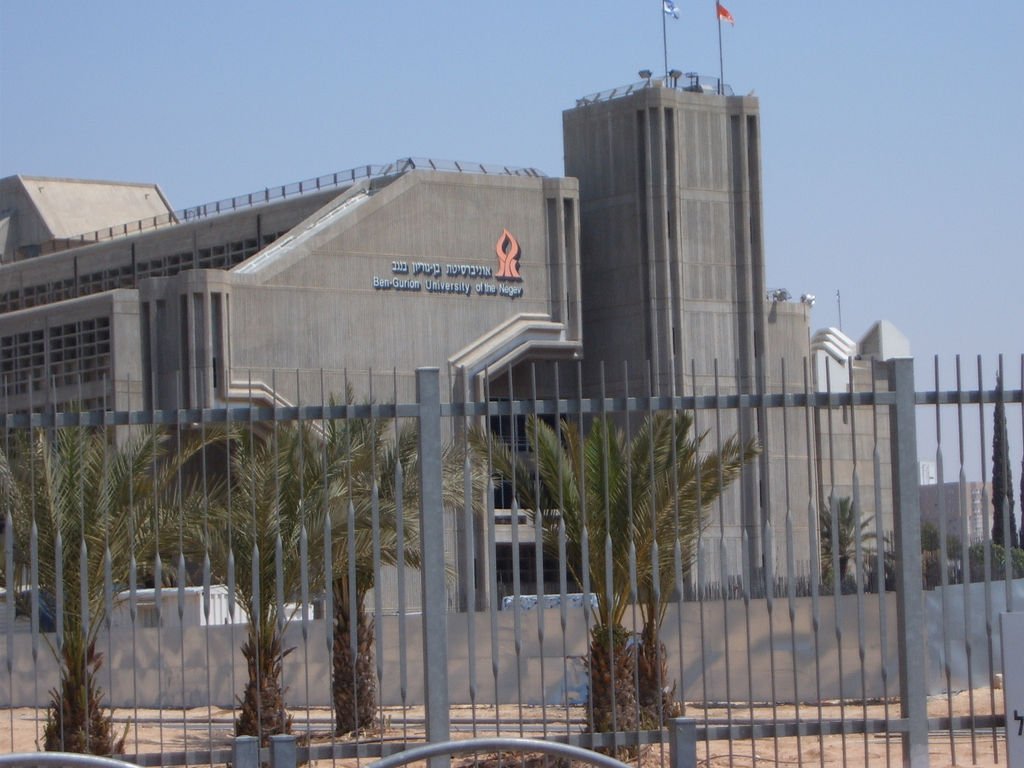It was a rather difficult decision for Amer Sweity to come from his hometown of Amman, Jordan, to complete a master’s degree and then PhD at Ben-Gurion University of the Negev, in Israel. But now he is planning to bring the expertise he has gained on Middle East water issues back to Jordan and other Arab countries in the region at the conclusion of his studies.
“We are all suffering from water issues – Israelis, Jordanians, Palestinians,” said Sweity, stressing the idea that “nature knows no borders” and that water can be used to “bridge the gap between Arabs and Israelis” in the future. “Besides developing the whole region, you can promote peace in an indirect way. Water is a humanistic issue – it’s not something you can keep and hide or avoid people from. It’s one of the precious commodities that we have. You bring experts from this side to the other side, and you create a method of communications between the people despite the conflict going on.”
Sweity, a 30-year-old practicing Muslim, is BGU’s first Jordanian PhD student, according to the university.
He first arrived in Israel in 2007 for a one-year program at the Arava Institute for Environmental Studies, after having completed his bachelor’s degree at Hashemite University in Zarqa, Jordan.
From there, he went on to earn his master’s degree at the Zuckerberg Institute for Water Research, of the Jacob Blaustein Institute for Desert Research on BGU’s Sde Boker campus in Israek, moving directly afterward into the PhD program there. During his master’s degree, he developed a membrane bioreactor for treating wastewater; his PhD focuses on the desalination of seawater and brackish water.
Sweity is working for his PhD in the laboratory of Prof. Moshe Herzberg, where he is researching ways to “soften” salt water for more efficient passage through the desalinizing membrane. They use a tool called an “antiscalant” to make the water softer, because the so-called “hard” water – water with high mineral content – causes salt residue to back up the membrane, reducing efficiency.
…
“Desalination is the answer right now – the technology is getting cheaper and cheaper,” he said, adding that by 2013 or 2014, Israel would get 35 percent of its water through this process. “It decreases the pressure on other resources – for example, the [Sea of Galilee]. If they’re going to use it forever, it isn’t enough.”
Sweity would like to use the knowledge that he gains in his three more years at BGU to directly improve the processes of desalination throughout the Middle East.
…
To continue reading this story click here
Via www.jpost.com
Photo By Heatkernel
Related posts

Resilient And Nutritious New Plant-Based Milk Aims To Make A Splash

Chocolate From Cultivated Cocoa Comes Without Environmental Toll

Plastic Fantastic: Startup Takes PVC Back To Its Crude Oil Roots




Facebook comments